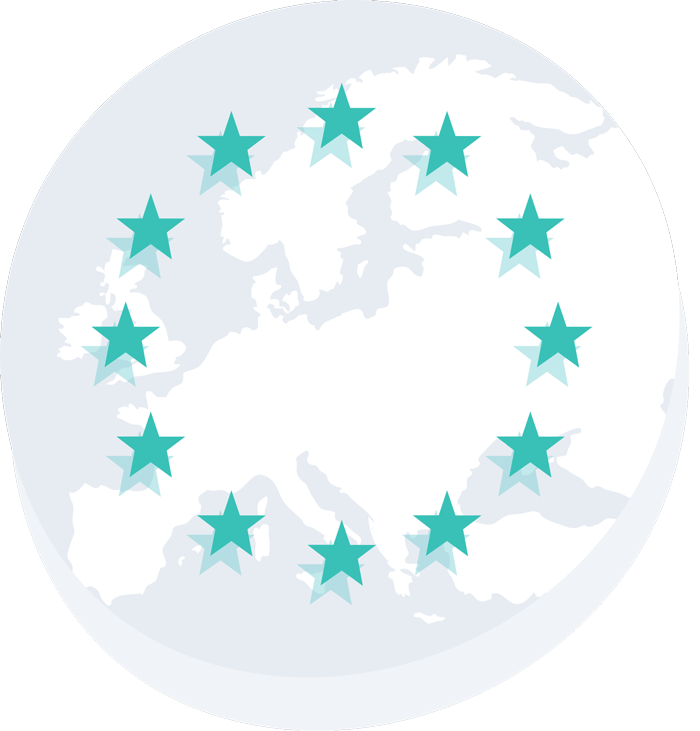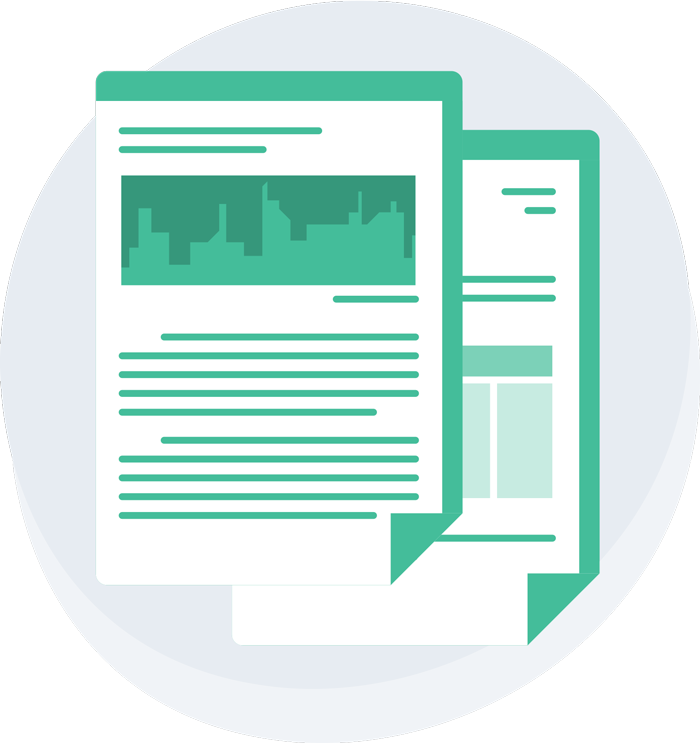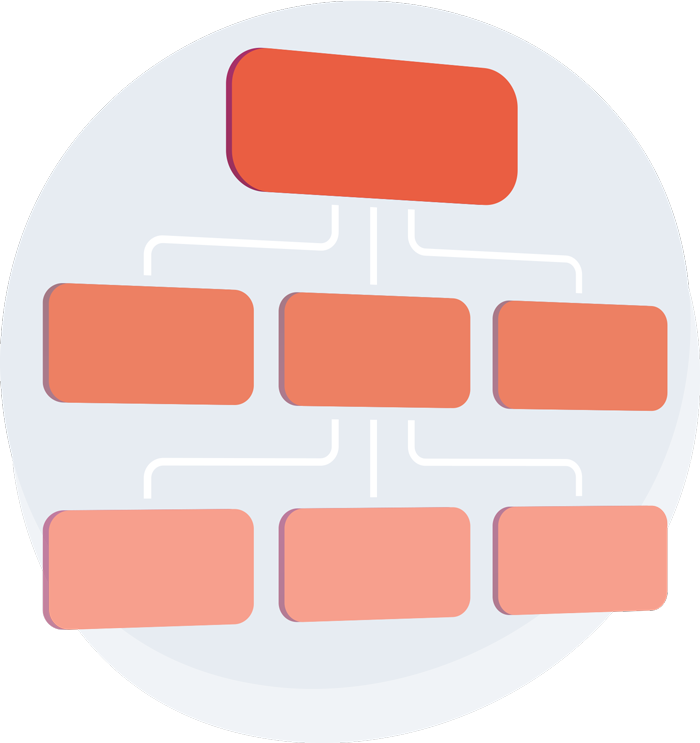
The EU is a democratic international organisation designed to foster and manage the economic and political cooperation between 27 European countries. It is the third largest economy and the second largest democracy in the world.
The EU’s core objective is to lift barriers. Barriers to travel by removing border controls, barriers to work by enforcing equal rights among citizens, barriers to trade by setting common rules for products and services. In doing so, the EU creates a single market designed to leverage the combined economic strength of its members, with the hope of creating more prosperity for the 430 million individuals living within its borders.

Just like how your country levies taxes to pay teachers, build hospitals, repair railways, the EU levies funds from its Member-States to enact EU policies and foster EU solidarity. The budget forms the lifeblood of the EU and tells us a lot about what it seeks to accomplish.
The largest expenditures are cohesion, natural resources and the single market. This is because these are the most integrated areas of the economic and political cooperation between the 27 EU countries.

To enact EU policies and foster solidarity between Member-States, the EU collectively decides on EU laws. These laws are written and voted upon through the EU’s main institutions: the European Commission, the European Parliament and the Council of the EU. Each performs similar roles to the democratic institutions we might be familiar with in our countries.
The European Commission is the executive branch of government. The legislative branch is conjointly formed by the European Parliament and the Council of the EU.
